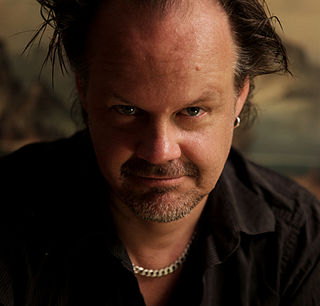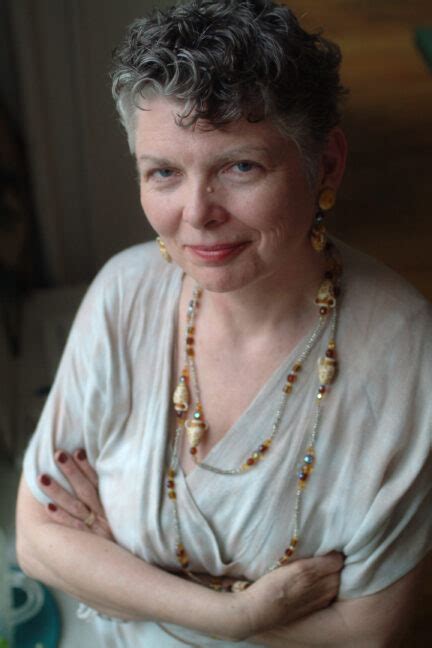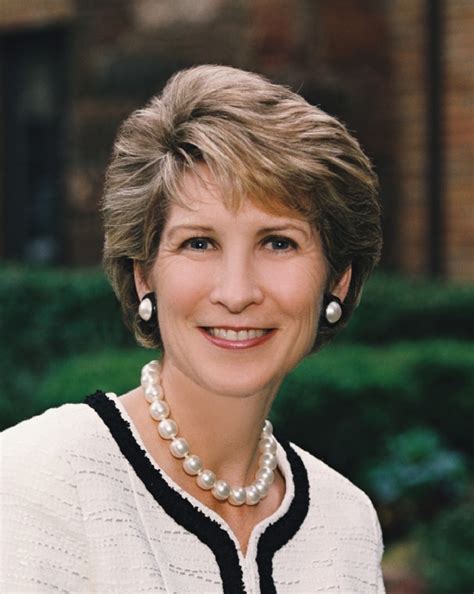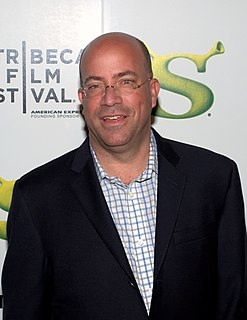A Quote by Tony Blair
I actually did trouble to read Marx first hand. I found it illuminating in so many ways; in particular, my perception of the relationship between people and the society in which they live was irreversibly altered.
Quote Topics
Related Quotes
I've gotta be honest, it is a little of a mystery to me. I consider myself very sentimental, very sensitive, but obviously my outward appearance is a bit scruffy-haired, and I have a general tendency toward snarling at people, and a sort of misanthropic nature. Maybe that is what people actually read. I do actually believe that misanthropy and sensitivity go hand in hand, because I have a tremendous disappointment in the ways of the world.
When I look at relationships, my own and others, I see a wide range of reasons for people to be together and ways in which they are together. I see ways in which a relationship - which means something that exists between two or more people - for the most part reinforces people's separateness as individual entities.
Know that for the human mind there are certain objects of perception which are within the scope of its nature and capacity; on the other hand, there are, amongst things which actually exist, certain objects which the mind can in no way and by no means grasp: the gates of perception are closed against it.
We're trained to see only male or female and to plot people into those categories when they actually don't fit neatly at all. But if we pause, watch and listen closely we'll see the multiplicity of ways in which people are sexed and gendered. There exists a range of personal identifications around woman, man, in-between-we don't even have names or pronouns that reflect that in between place but people certainly live in it.
In her previous novels, Maggie O'Farrell has often measured the distance between intimates and the unexpected intimacy of distance - geographic, temporal, cultural. In 'The Hand That First Held Mine' and 'The Distance Between Us,' characters separated by many miles or many years turn out to be joined in ways they never anticipated.
We can actually speak, much like Bernie Sanders did, for an agenda that the American people are actually clamoring for. In an election which is historic in so many ways, including that the traditional candidates are the most untrusted and disliked in our history, and the American people are clamoring for another choice and another voice.
In Pakistan, many of the young people read novels because in the novels, not just my novels but the novels of many other Pakistani writers, they encounter ideas, notions, ways of thinking about the world, thinking about their society that are different. And fiction functions in a countercultural way as it does in America and certainly as it did in the, you know, '60s.











































